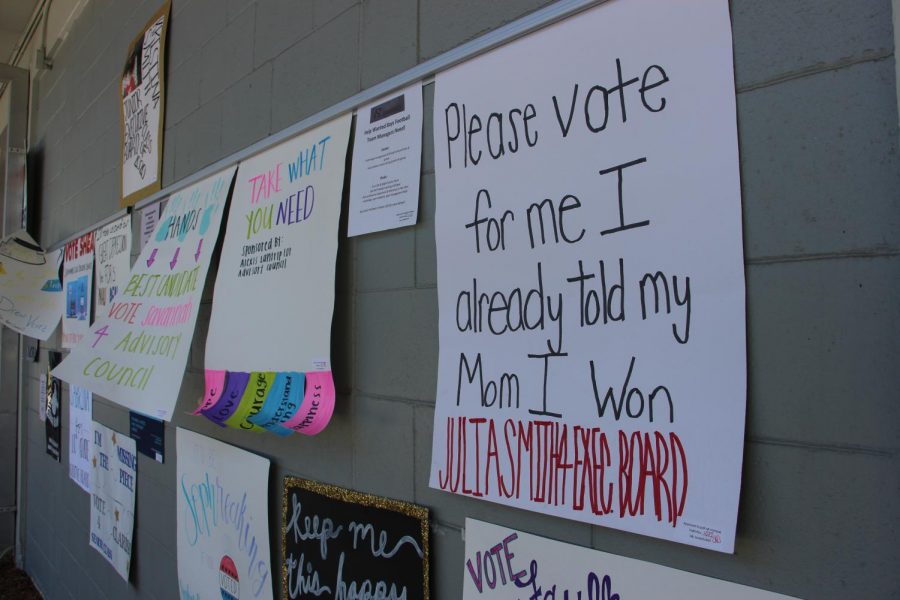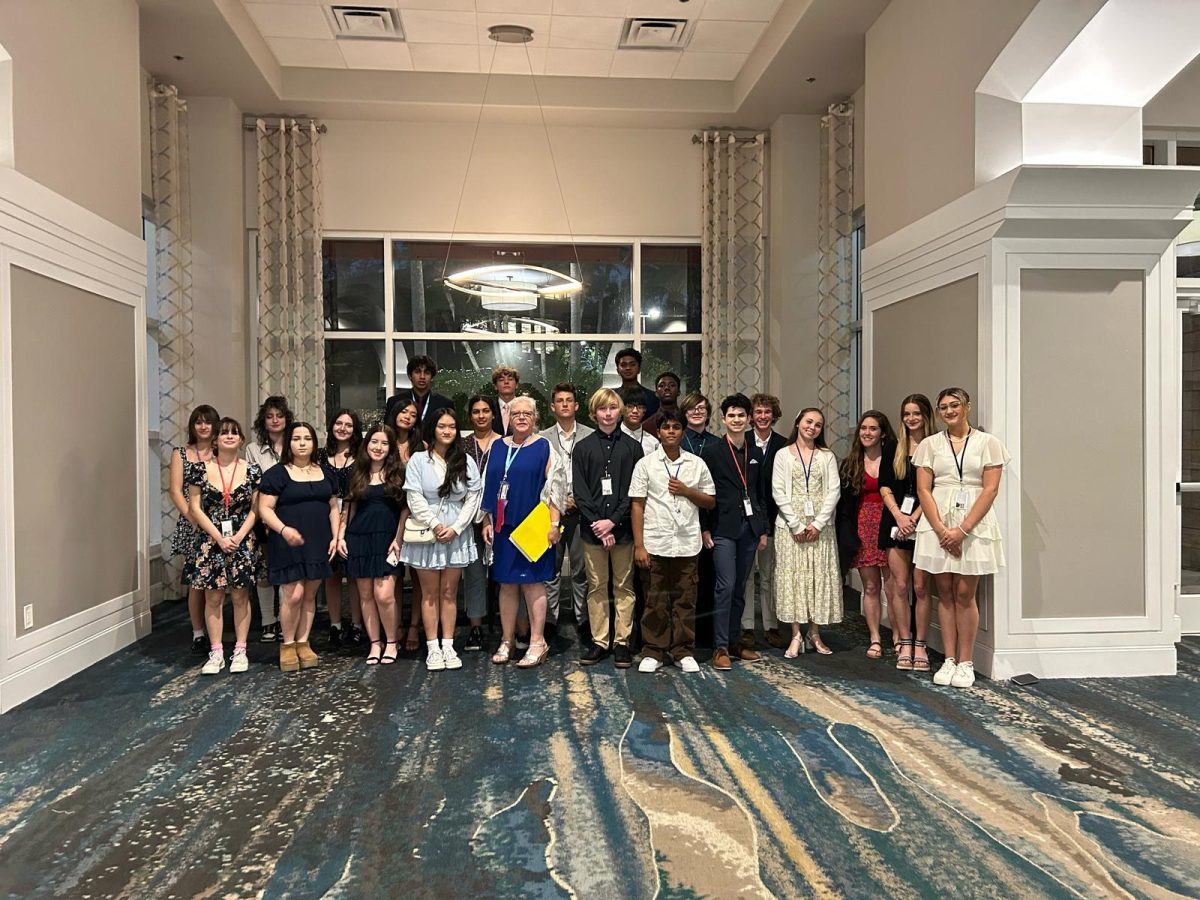Changes in student government reel in new candidates
April 25, 2018
Robinson’s Student Government Association (SGA) is switching up its structure in a major way for the 2018-2019 year.
Instead of voting for specific high-profile positions, such as president or vice president, students will vote for their chosen candidates to be elected to the executive board or the advisory council to represent their grade. Both the board and council will be named before the end of this school year, but officer positions won’t be named until next fall, after executive board members have internally voted for their chosen officers.
When asked what the benefit was to the new system, SGA advisor Sarah Sanford immediately answered that the changes are intended to increase student interaction with SGA.
“We predict that more people are going to run, because they’re running for a pool spot, so they’re not going up against the most popular kid in their grade for a position,” she said. “That puts you at an advantage because you’re not competing, necessarily, with someone for a specific position.”
Kaitlyn Faulkner (’20), a member of the 2017-2018 advisory council and a potential candidate for executive board next year, agrees.
“It’s less intimidating than being voted on by everyone in your grade for one specific position when you’re running against people who are more popular than you are,” Faulkner said.
SGA elections, in the past, got the reputation of being a “popularity contest,” since it’s voted on by the student body, not a select group like a smaller club would be. Because of this, students have expressed that their representatives have been elected for their popularity, rather than their ability to actually be an effective SGA member.
For the upcoming school year, SGA is focusing more on becoming the most efficient and effective government it can be, not just a flashy position for its members.
According to Abby Patterson (’20), current SGA vice president, “[The changes] are differentiating between the kids who are committed to student government and who are only adding it to their college applications.”
These new changes could result in more candidates, which, SGA hopes, will lead to a more functional student government.
“We’re really trying to make a SGA officer position more accessible to a wider portion of the student body,” Sanford said. “We want to cast the net a little wider and get as many people involved as we can.”











